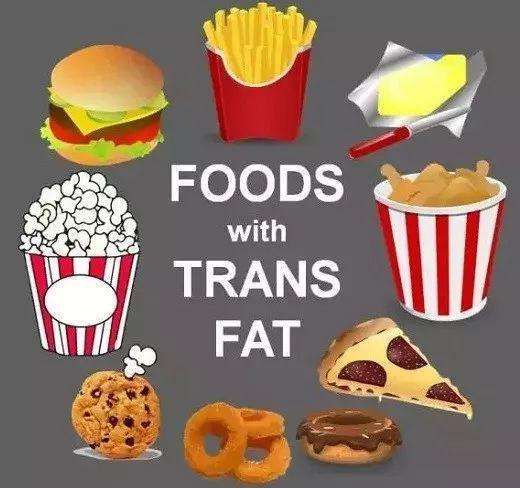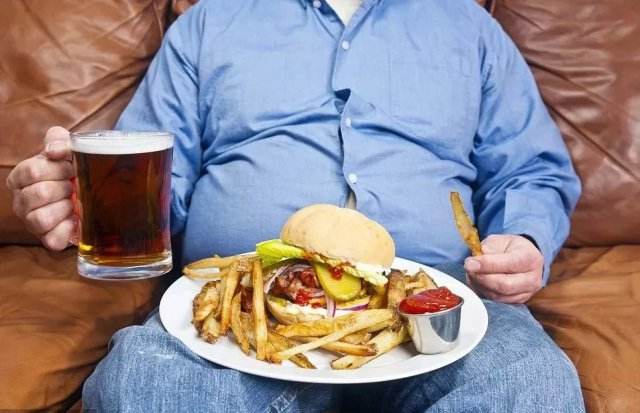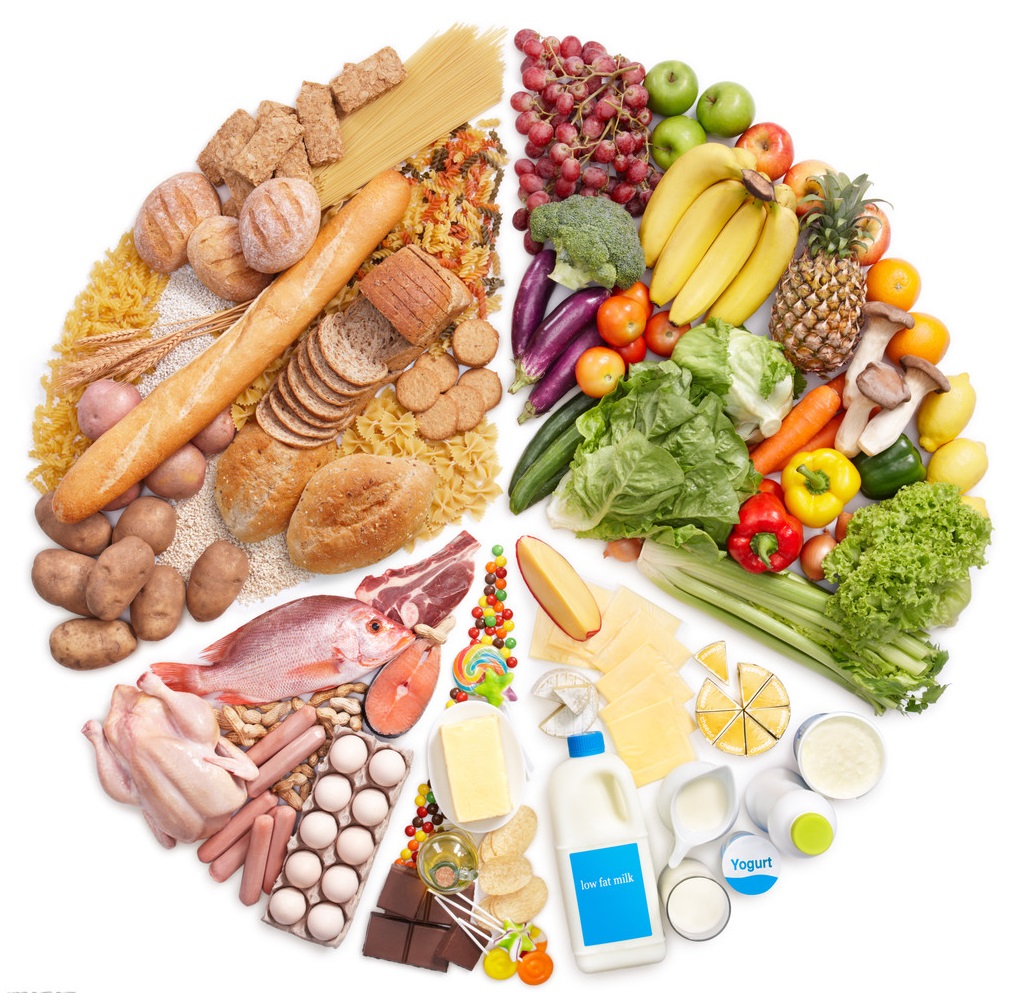Trans Fats Proven Bad for Your Brain
This article is part of our “In Medical News” series where Dr. Sara Laudani shares a study or article in recent news and offers some analysis and tips about the news, to help patients stay informed.
You have probably heard that trans fats are bad for you. Research has linked excessive consumption of trans fats to the development of coronary artery disease, diabetes, and many health conditions. Given these concerns, the US FDA banned artificial trans fats in June 2018. But, they do allow foods with less than 0.5 grams of trans fats to be labeled as containing zero grams of trans fats. The World Health Organization has an initiative to eliminate industrial trans fat from the global food supply by 2023.
Trans Fats Increase Dementia Risk
A recently published, long-term longitudinal study provides yet another reason to avoid trans fats…your brain’s health. Participants with the highest concentrations of a major trans-fatty acid formed in the partial hydrogenation of vegetable oils (serum elaidic acid) had a 53% increased risk of dementia. This group also had a 43% higher likelihood for developing Alzheimer ’s disease compared with those with the lowest levels.
What are Trans Fats and What Effects Do They Have?
There are two broad types of trans fats found in foods: naturally-occurring and artificial trans fats. Naturally-occurring trans fats are produced in the gut of some animals. Foods made from these animals may contain small quantities of these fats. Artificial trans fats (or trans fatty acids) are created in a process that adds hydrogen to liquid vegetable oils to make them more solid.
Trans fats raise your bad (LDL) cholesterol levels and lower your good (HDL) cholesterol levels. Small amounts of trans fats occur naturally in some meat and dairy products. There have not been sufficient studies to determine whether these naturally occurring trans fats have the same bad effects. But, the results have been quite clear on the negative effects of artificial trans fats (i.e. partially hydrogenated oils).
Health Tips
- Eat a healthy diet of whole foods, with an emphasis on fruits, vegetables, whole grains, low-fat dairy products, poultry, fish and nuts. Limit processed foods, red meat and sugary foods and beverages. Doughnuts, cookies, crackers, muffins, pies and cakes are examples of foods that may contain trans
- Minimize use of oils and try to use primarily extra virgin olive oil (raw, if possible).
- Avoid processed foods as much as possible.
- Avoid commercially fried foods and baked goods made with shortening or partially hydrogenated vegetable oils. Not only are these foods very high in fat, but they’re also likely to contain trans fats.
- Get regular checkups and health screenings. Consider getting a health evaluation and nutritional plan from a professional if you’re having difficulty with healthy eating, are suffering from health issues or have a high family risk.
Sara Laudani, PhD., M.D., offers consultations in internal medicine, nutrition, and functional medicine in our Hongmei Road Clinic – Hongqiao. Click here to schedule an appointment to get an evaluation and personalized health plan.



